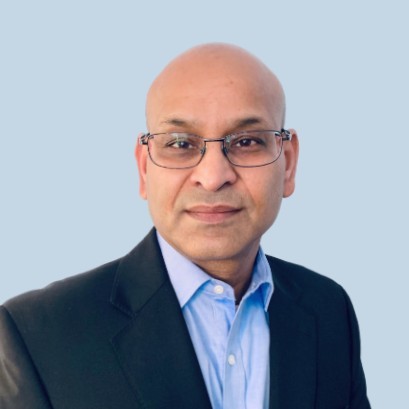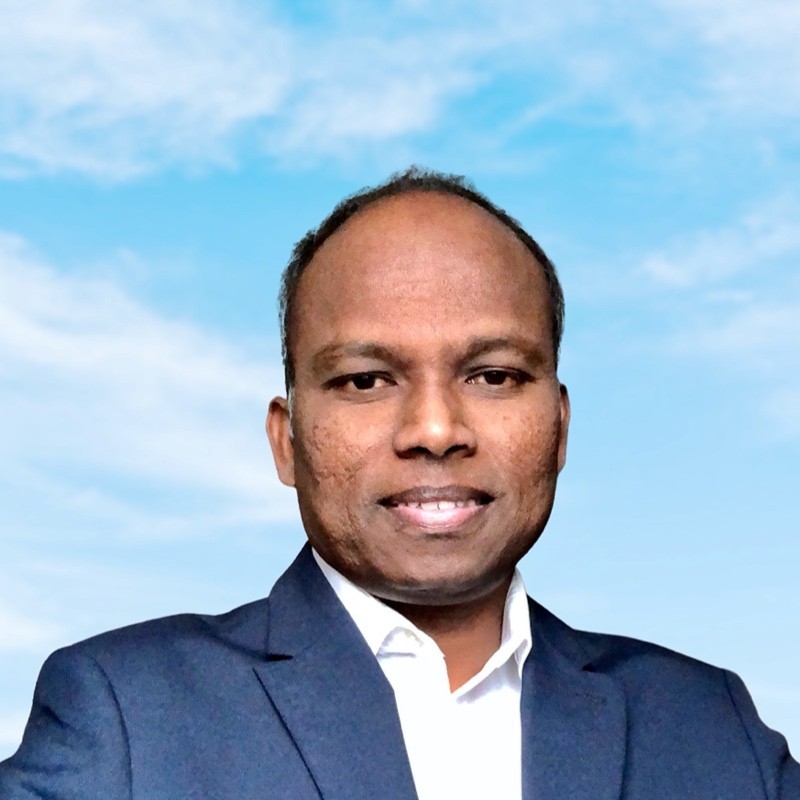Entrepreneur Journeys
The Startup Velocity Question: What Hinders Acceleration in VC Funded Companies?

I have been running 1Mby1M since 2010. I find myself saying to entrepreneurs ad nauseam that VCs want to invest in startups that can go from zero to $100 million in revenue in 5 to 7 years.
Startups that do not have what it takes to achieve velocity should not be venture funded.
Experienced VCs, over time, have developed heuristics to gauge what constitutes a high growth venture investment thesis.
>>>1Mby1M Udemy Courses with Sramana Mitra: Bootstrapping
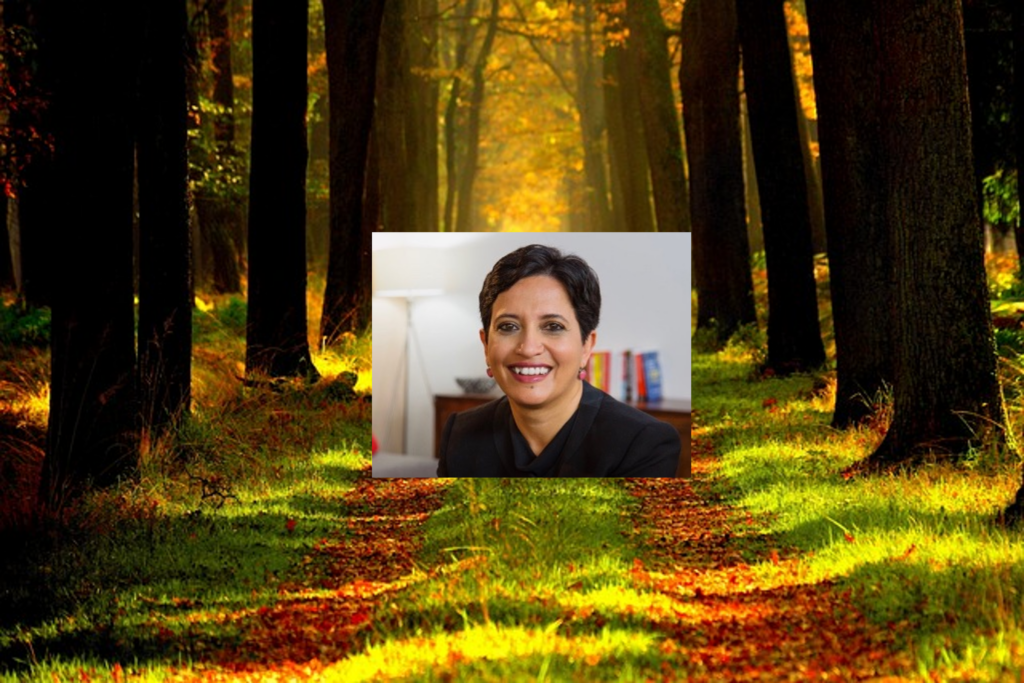
Over the course of two years, we have released over 70 courses on Udemy with the aim to democratize entrepreneurship education at scale globally. This series of posts aims to help you find the one you need easily and provide you with discount coupons.
>>>Validating B-to-C Business Ideas and Building to $40M Run Rate: Shaunak Amin, CEO of SnackMagic (Part 1)
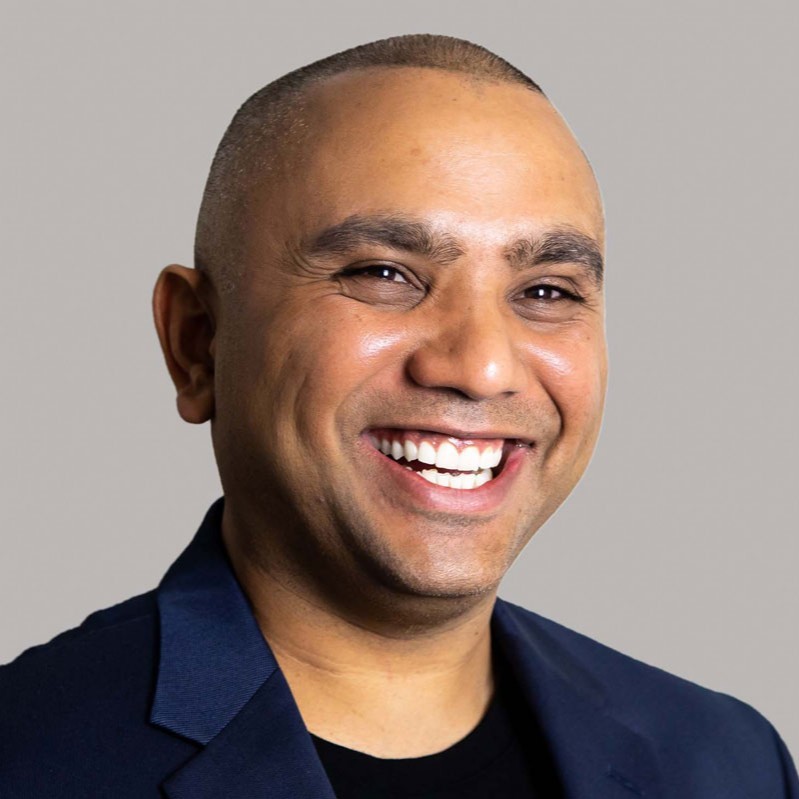
Shaunak does a wonderful job of explaining how he validated various B-to-C business ideas and built successful businesses.
Sramana Mitra: Let’s start at the very beginning of your journey. Where are you from? Where were born, raised, and in what kind of background?
>>>Featured Videos
Can 1M/1M Help Me Raise Money?
How Does 1M/1M Democratize Entrepreneurship Education?
How Does 1M/1M Democratize Management Consulting?
When Is The Right Time To Join 1M/1M?
Can 1M/1M Help Me With Business Development?
Can 1M/1M Help Me With Market Sizing?
Can 1M/1M Help Me Validate My Product?
Will I Have Private 1-on-1 Sessions In 1M/1M?
How Does 1M/1M Help Entrepreneurs Connect With Silicon Valley?
Mentoring or Consulting?
Why Does 1M/1M Charge $1000 a Year?
Why Does 1M/1M Partner With Local Organizations?
Why Don\’t Mentoring Networks Work?
Why Is It Important To Study With 1M/1M Now?
Dan Stewart Story
Vikrant Mathur Story
19 Udemy Courses on How To Build a Startup in India

There are now thousands of entrepreneurs in India, and many more Indians are starting their own businesses as we speak. Even with mistakes, disappointments, and setbacks, all things considered, startup founders continue to want to realize their ambitions, no matter what.
>>>Bootstrapping a Two-Sided Marketplace: Mort Fertel, CEO of SudShare (Part 1)

This is an insightful story of a family that has built an interesting two-sided marketplace business for outsourcing laundry services.
Sramana Mitra: Let’s start at the very beginning of your journey. Where are you from? Where were you born and raised? In what kind of background?
>>>Thought Leaders in Artificial Intelligence: Salil and Kiran Pande, Co-Founders of VMock (Part 1)
Salil and Kiran Pande have built a capital-efficient AI company from India addressing the global career services market.
It’s a wonderful conversation that works in both AI thought leadership and also their entrepreneurial journey. Enjoy!
Sramana Mitra: Let’s start by introducing our audience to yourself, your co-founder, and VMock.
>>>Best of Bootstrapping: Firmex Scaled with Angel Money in Canada

If you haven’t already, please study our Bootstrapping Course and Investor Introductions page.
When we spoke in 2015, Joel Lessem was scaling a profitable company in Toronto called Firmex, and had only spent $4 million in angel money to get to almost $10 million in revenue.
Sramana Mitra: Let’s start with the very beginning of your story. Where are you from? Where were you born, raised, and in what kind of background?
Joel Lessem: I was born in Israel but raised in Toronto from the age of three. I grew up in Toronto.
548th 1Mby1M Entrepreneurship Podcast with Lloyed Lobo, Co-Founder of Boast.ai (Part 1)
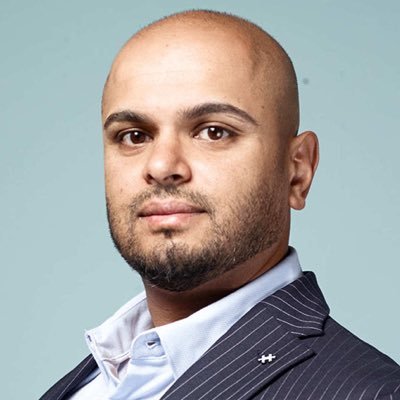
Lloyed Lobo, Co-founder and President of Boast.ai, discusses his failures and eventual success building AI startups. Wonderful conversation!
Sramana Mitra: Welcome Lloyed. I’m looking forward to know you and understanding what you’re doing.
Lloyed Lobo: Thanks for having me.
>>>Bootstrapping Using Services, then Raising $10M and Scaling to $16M: EZOPS Co-Founders Sarva Srinivasan and Dutt Chintalapati (Part 1)
This is a text book case study of founders with deep domain knowledge in starting with services and then productizing, eventually raising institutional capital.
Sramana Mitra: Let’s start at the very beginning of your journey. Where were you born? Where does your journey begin?
>>>From Student Entrepreneur to a $15 Million Revenue Ultralight Business: Stephanie Madesh, CEO of Kalon Clothing (Part 1)

If you haven’t already, please study our Bootstrapping Course and Investor Introductions page.
Stephanie was a Sophomore in college when she started her venture.
Wonderful story of a student entrepreneur growing into a multi-million dollar ultra-light e-commerce business.
Sramana Mitra: Let’s start at the very beginning of your journey. Where are you from? Where were you born, raised, and in what kind of background?
>>>Bootstrapping to $10 Million Using Services: Sameer Maggon, CEO of SearchStax (Part 1)
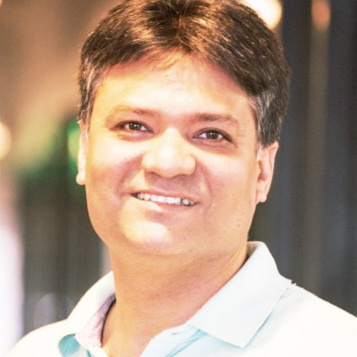
If you haven’t already, please study our Bootstrapping Course and Investor Introductions page.
Excellently navigated journey!
Sramana Mitra: Let’s start at the very beginning of your journey. Where are you from? Where were you born, and in what kind of background?
Sameer Maggon: I grew up in Delhi. I did my engineering in Computer Science from Pune. Then I came back to my hometown to work for a document management company. Then I decided to learn more. I came to USC in Los Angeles and did my Masters in Computer Science. Since then, I’ve been in LA and worked in a variety of startups and larger companies in the greater Los Angeles area.
>>>12 Udemy Courses with Entrepreneurship Case Studies

Entrepreneurship is not a career. It is a way of life.
For me, this journey began as a graduate student at MIT in 1994. The world watched Netscape go public that spring, and the Internet swept over us like a virus. As I wrote my Masters thesis, I also wrote my first business plan. We were, as a generation, shaping the Internet during those early years, and, my degree in hand, I was ready to jump into the unknown – from then on really, I have been jumping into unknowns at every turn.
>>>


